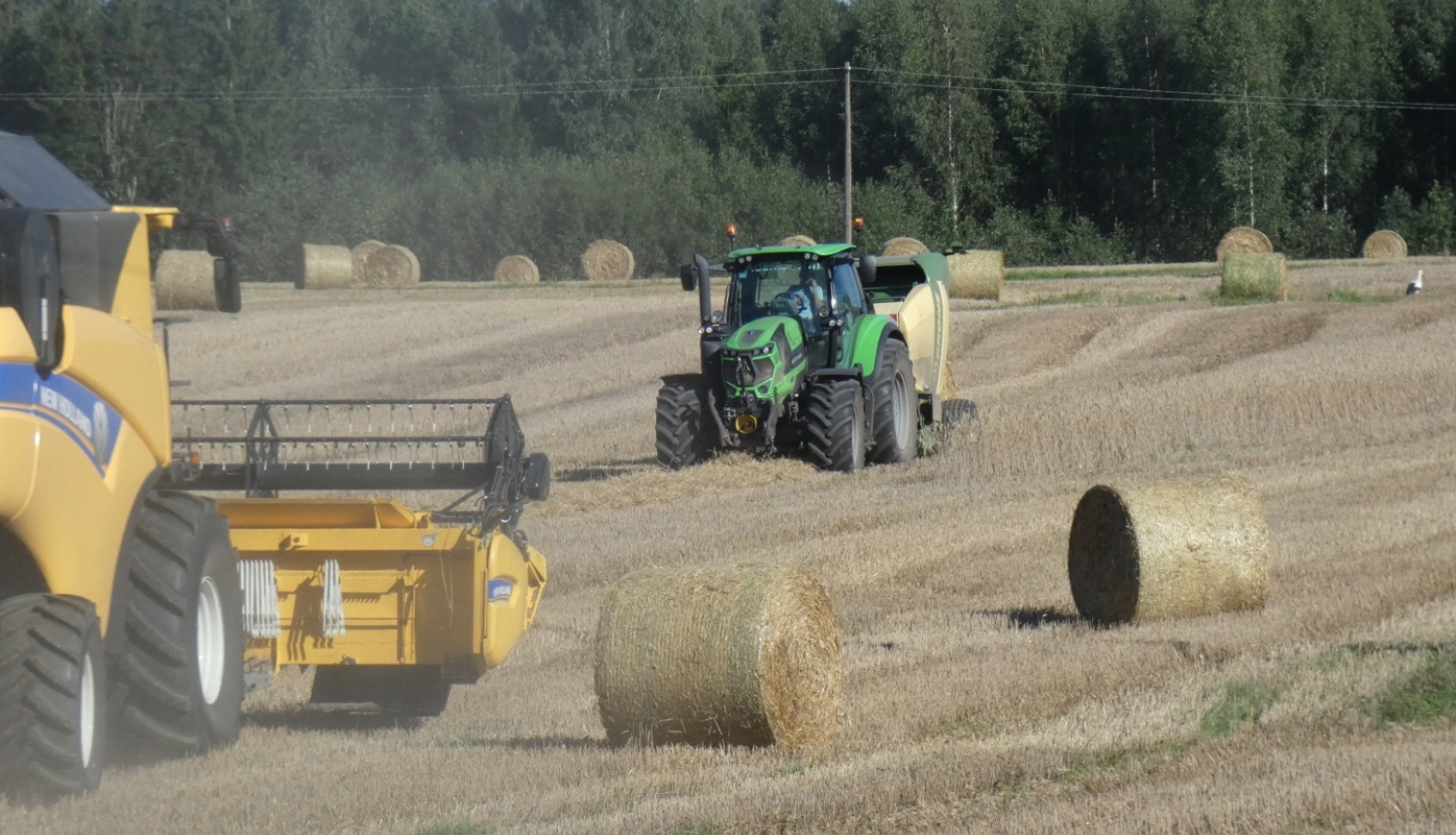The Ministry of Agriculture has resumed an intensive work to ensure that in the EU documents, referring to the future of agriculture would be recognized that in the next programming period 2028-2034, equalizing of direct payments must be finished. The following Member States: Latvia, Lithuania, Estonia, Poland, Slovakia, Bulgaria and Romania have been actively supporting implementation of fair direct payments. Unfortunately, other Member States do not support this proposal because increasing of direct payments for these mentioned States means reduction of direct payments for other Member States.
Although implementation of the new EU Common Agricultural Policy 2023-2027 (CAP) has started nots so long ago and its impact on agriculture has not yet been assessed, the work has been started at the common vision of Ministers for Agriculture of the EU Member States on the future of the EU agriculture
Already in June, at the EU Council of Ministers for Agriculture and Fisheries, an agreements is envisioned on the basic principles, referring to the future of agriculture. One of the most essential matters for Latvia – to continue our struggle for equalization of direct payments so that at last all the EU farmers, Latvian farmers including, would deal with equal competition conditions. As it is known that different direct payments is one of the reasons which considerably distort competition among farmers, placing farmers in Latvia and some other Member States in unequal situation.
Armands Krauze, the Minister for Agriculture: “We will continue requiring that equalization of direct payments is included as one of the main elements in the common vision on the future of EU agriculture. The struggle will be difficult one because the so-called “Old Member States” do not want to lose their priviledged position.”
Just as important for Latvia is to achieve that in future an adequate and sufficient EU financing is ensured for rural development that is a very significant in addressing challenges of investments, rural economy, availability of basic services and rural population, etc. particularly taking account of CAP limited financing and orientation on the environment and climate ambitions.
Until now Latvia has managed to achieve that in the current programming period 2023-2027, direct payments for Latvia has been increased up to 80% of the EU average level (previously – 66%).



